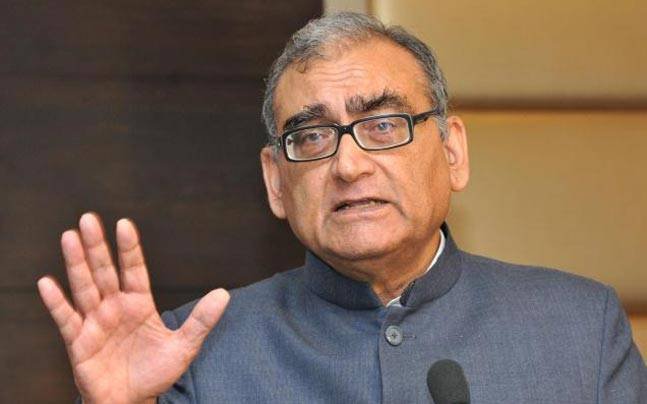Bill Tammeus and Justice Katju Reunite in Heartwarming Encounter After 60 years.
Bill Tammeus is my American friend, who lives in Kansas City, Missouri. USA with his wife Marcia. He had come to Allahabad with his parents and 3 sisters in 1957. Bill’s father was an agriculture expert from Illinois University who had come for 2 years to India to teach modernContinue Reading






